Republicans look for veto-proof Wisconsin Legislature majorities in 2022 election
A veto override takes a two-thirds vote in both houses of the state Legislature — if Republicans hold their seats and flip five, they would have that majority in the Assembly and need a one-seat gain in the Senate.
Associated Press
October 10, 2022
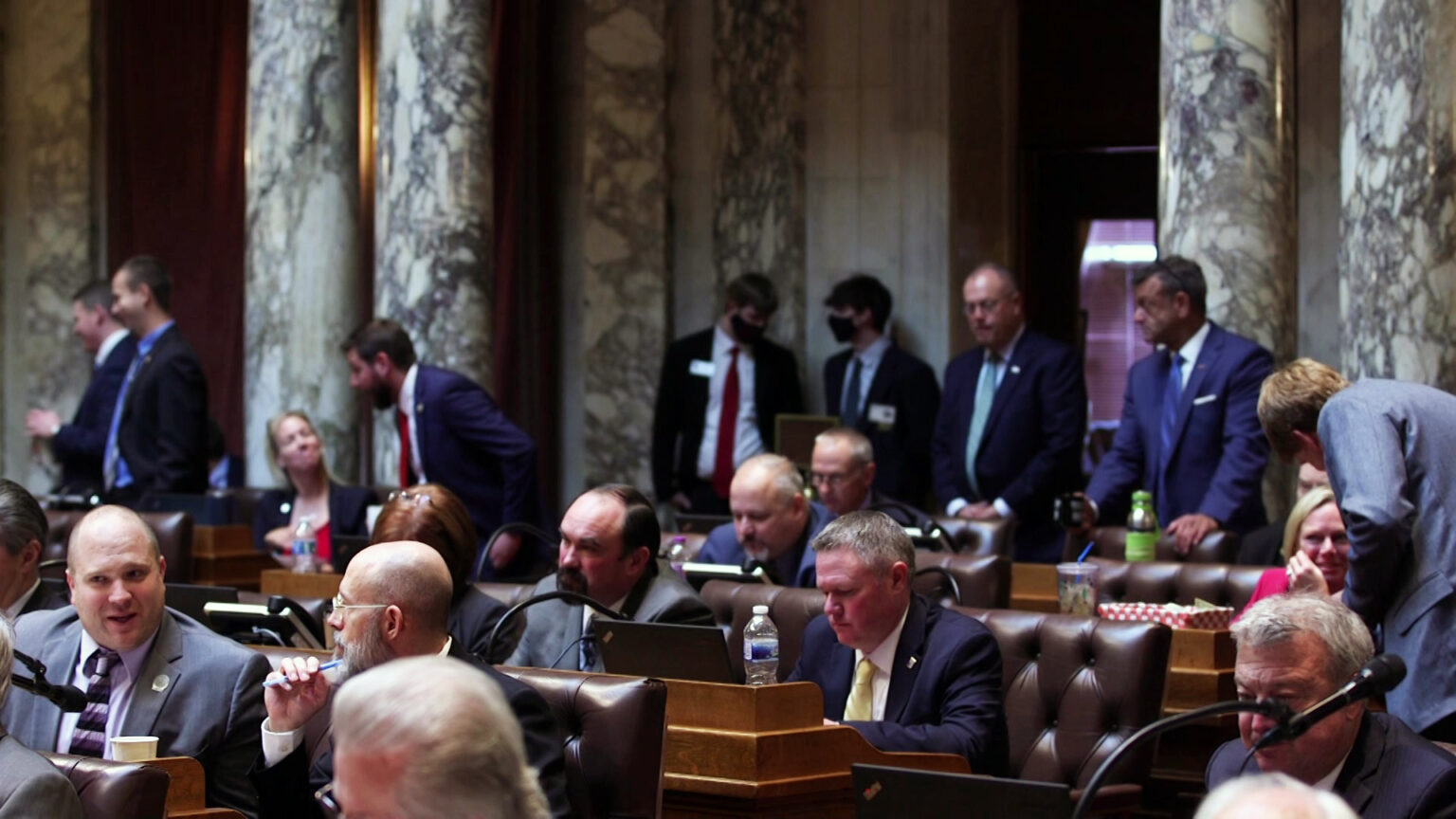
Members of the Wisconsin Assembly sit at their desks and move about its chambers during as it conducts business on Nov. 11, 2021. (Credit: PBS Wisconsin)

MADISON, Wis. (AP) — Wisconsin Republicans are hoping Tim Michels will defeat Democratic Gov. Tony Evers in November, but even if Evers prevails they could still reshape the battleground state by winning enough seats in the Legislature to override vetoes.
If Republicans can flip five seats in the Assembly and one in the Senate they’ll have the two-thirds majority they need. They would be free to rework state politics at will, including the state budget and election administration.
“My first goal is to elect Tim Michels,” Assembly Speaker Robin Vos said. “If for some reason we are unsuccessful in defeating Evers, a veto-proof majority is the second priority. Evers is a major stumbling block. It’s about being able to get things done that the people of Wisconsin want.”
Evers has blocked almost every piece of major GOP legislation over the last four years, including proposals that would have tightened restrictions on absentee voting and unemployment benefits, expanded the right to carry concealed weapons and curtailed the government’s ability to respond to COVID-19.
Democrats are aware of the risk.
“There is no higher priority than making sure Gov. Evers stays in his role and we hold onto the veto,” said Morgan Hess, executive director of the Assembly Democratic Campaign Committee.
The GOP has controlled the Legislature for the last decade thanks to district boundaries the party drew in 2011 to consolidate its power. The U.S. Supreme Court this spring upheld district lines Republicans redrew last year to reflect census changes, a major ruling that solidified their grip on both houses for the next decade.
The party that controls the White House typically fares poorly in midterm elections. And Republican strength has been growing in rural areas. The GOP’s plan for winning a supermajority targets a handful of open seats and Democratic incumbents in rural districts.
Republicans hold a 57-38 advantage in the Assembly with four open seats held by outgoing Republicans. They need 66 seats to gain a two-thirds majority. If they hold all their seats and flip five they’ll get it. On the Senate side, Republicans go into Election Day with a 21-12 majority. Twenty-two seats would give them a supermajority.
Republicans are targeting four seats held by retiring Democrats, including two Assembly seats and one Senate seat in far northwestern Wisconsin along Lake Superior. That region has leaned liberal for decades, but it’s overwhelmingly rural.
The Democratic Assembly incumbents, Nick Milroy and Beth Meyers, narrowly defeated GOP challengers in 2020. Both decided earlier this year to retire, with Milroy saying he wanted to spend more time with his children and Meyers citing the five-and-a-half hour drive to the Capitol in Madison.
The Senate incumbent, Janet Bewley, narrowly defeated Republican Dane Deutsch with 51% of the vote to win the seat in 2014. Her race against James Bolen in 2020 was just as close. She decided this year not to seek reelection. Running to replace her are Democrat Kelly Westlund, a former staff member for U.S. Sen. Tammy Baldwin and a one-time congressional candidate, and Republican Romaine Quinn, a former state representative.
Westlund said the new district boundaries include a larger portion of Republican-leaning Burnett County. She said the GOP is going for what she called a “three-fer” with the three open seats in northwestern Wisconsin, and acknowledged that Democrats face an uphill climb in such a rural area.
“They’ve drawn this line around the district trying to make it more and more red,” Westlund said. “We’re not taking anything for granted. We’re knocking on doors every single day. I don’t think people realize how much is at stake at times.”
Quinn’s campaign didn’t respond to a message.
The other open Assembly seat in Republican crosshairs is in Oshkosh, about 50 miles south of Green Bay in northeastern Wisconsin. Assembly Democratic Minority Leader Gordon Hintz won the seat in 2007, but former President Donald Trump won the county in 2016 and 2020 and Hintz announced earlier this year he was done.
A handful of Democratic incumbents in rural districts are in the Republicans’ sights as well, including state Rep. Steve Doyle and Sen. Jeff Smith in west-central Wisconsin and Rep. Katrina Shankland in central Wisconsin.
Doyle’s district covers eastern La Crosse County and most of Monroe County. Trump won Monroe County in 2016 and 2020 but lost La Crosse County to Hillary Clinton in 2016 and Joe Biden in 2020, due largely to the Democratic-leaning city of La Crosse. Doyle’s district doesn’t include the city, which makes him vulnerable to the rural vote.
This time around he faces challenger Ryan Huebsch, the son of Republican Mike Huebsch. The senior Huebsch held the seat from 1995 until 2011, when he resigned to take a job in Gov. Scott Walker’s administration. Doyle won a special election later that year to take the open seat.
Doyle said Republicans have targeted him ever since, but the stakes are higher with Evers’ veto authority potentially on the line.
“I’ve always been a Democrat in a Republican-leaning district,” he said. “I’ve always known I have to work twice as hard as anyone else. That sense of urgency has been there since 2011. I knock on doors election years and non-election years. That has continued, and (it has been) very intense in that regard.”
Ryan Huebsch said he’s working to win an Assembly seat and isn’t worried about achieving a veto-proof majority.
Smith won his seat with just 51% of the vote in 2018. He faces former police officer and bull rider David Estenson in November.
Shankland, meanwhile, will have to contend again with Republican opponent Scott Soik, a gun shop owner she defeated by 3,500 votes in 2020. The district includes most of rural Portage County, which Clinton and Biden won in 2016 and 2020. But this spring conservative John Pavelski won the county executive race, giving Republicans hope.
Shankland said she understands Democrats must protect Evers’ veto powers. She said she has been campaigning at meet-and-greets and knocking on doors until 1 a.m. most days, mindful of her vulnerability as Republicans eye the rural votes that might come their way.
“I think they probably looked at the voting patterns over the last decade and wanted to set their sights here,” Shankland said.
Soik didn’t return messages left on his cellphone.
“When you’re looking for seats to flip, you look for the low-hanging fruit, and more rural districts are low-hanging fruit for Republicans,” University of Wisconsin-La Crosse political scientist Anthony Chergosky said. “Republicans essentially dominate rural Wisconsin. So much is based on geography. The question here is can Democrats make a last stand in some of these rural districts they have to protect?”
 Passport
Passport





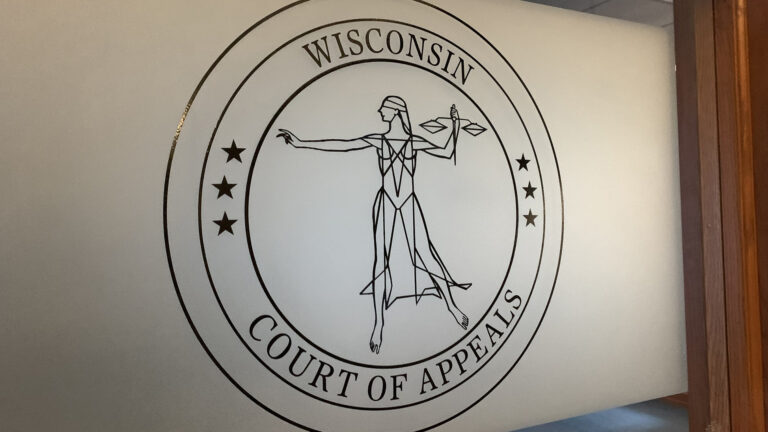
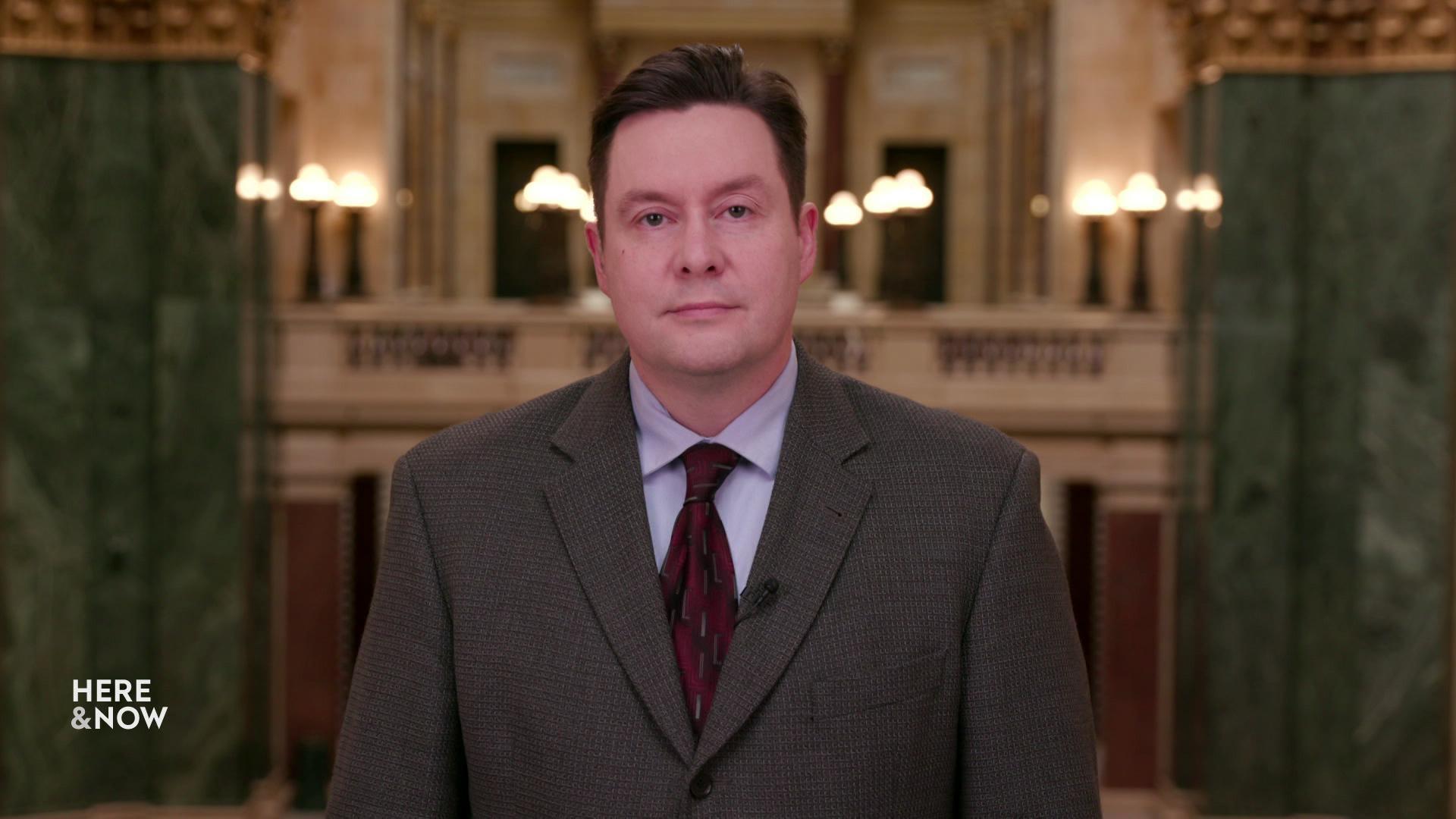
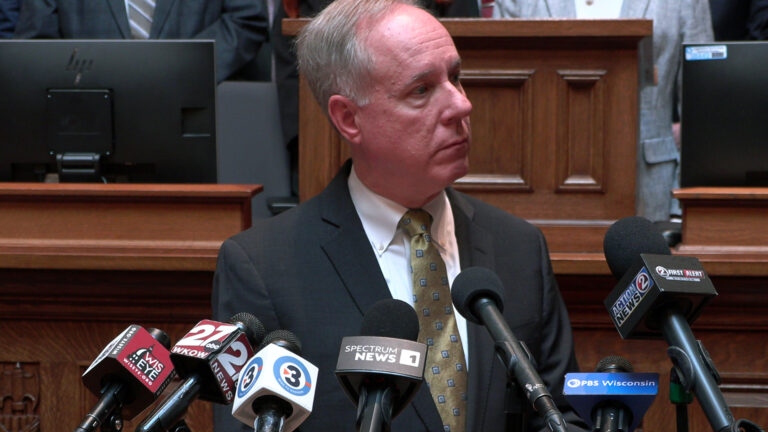

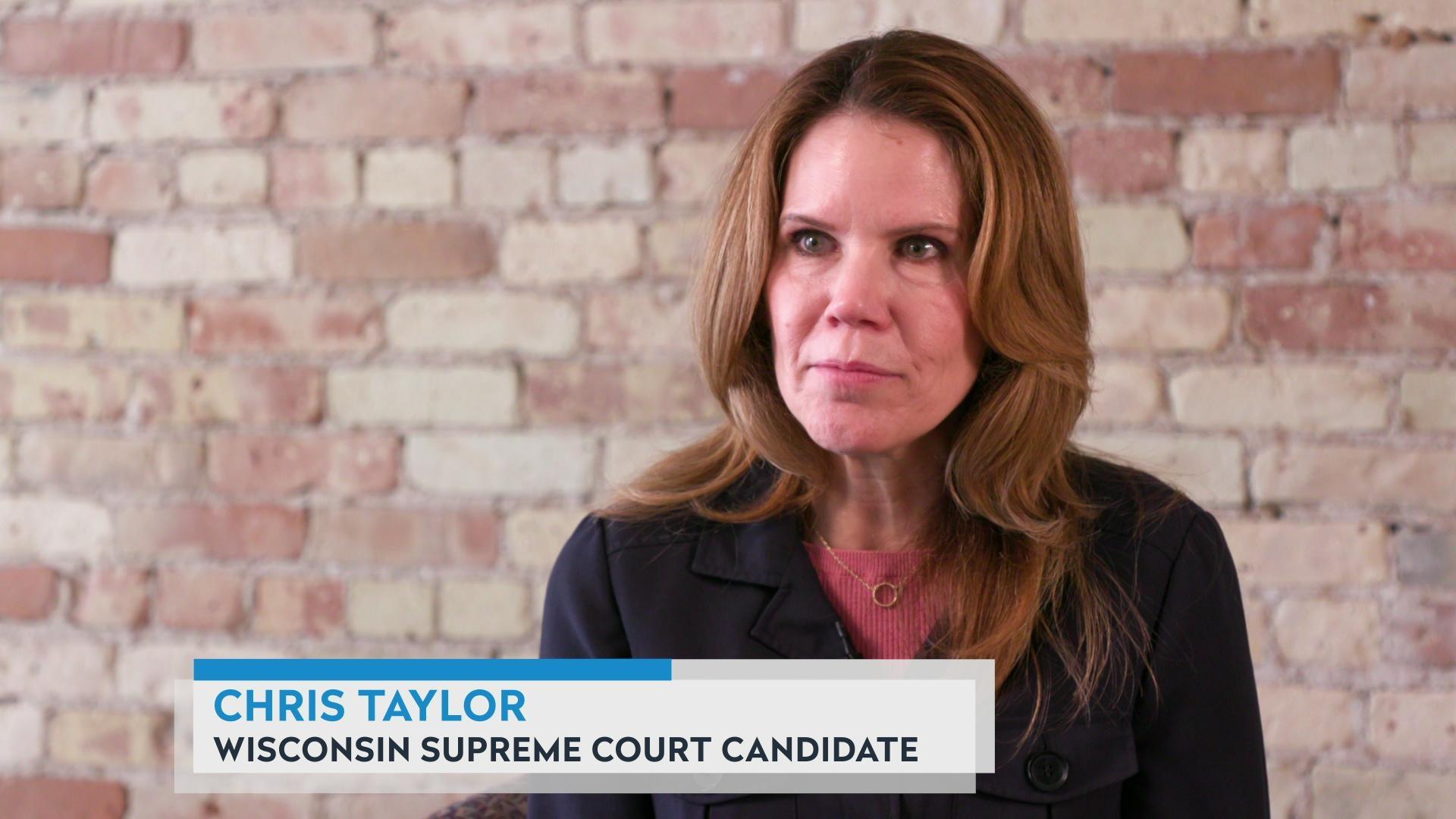

Follow Us